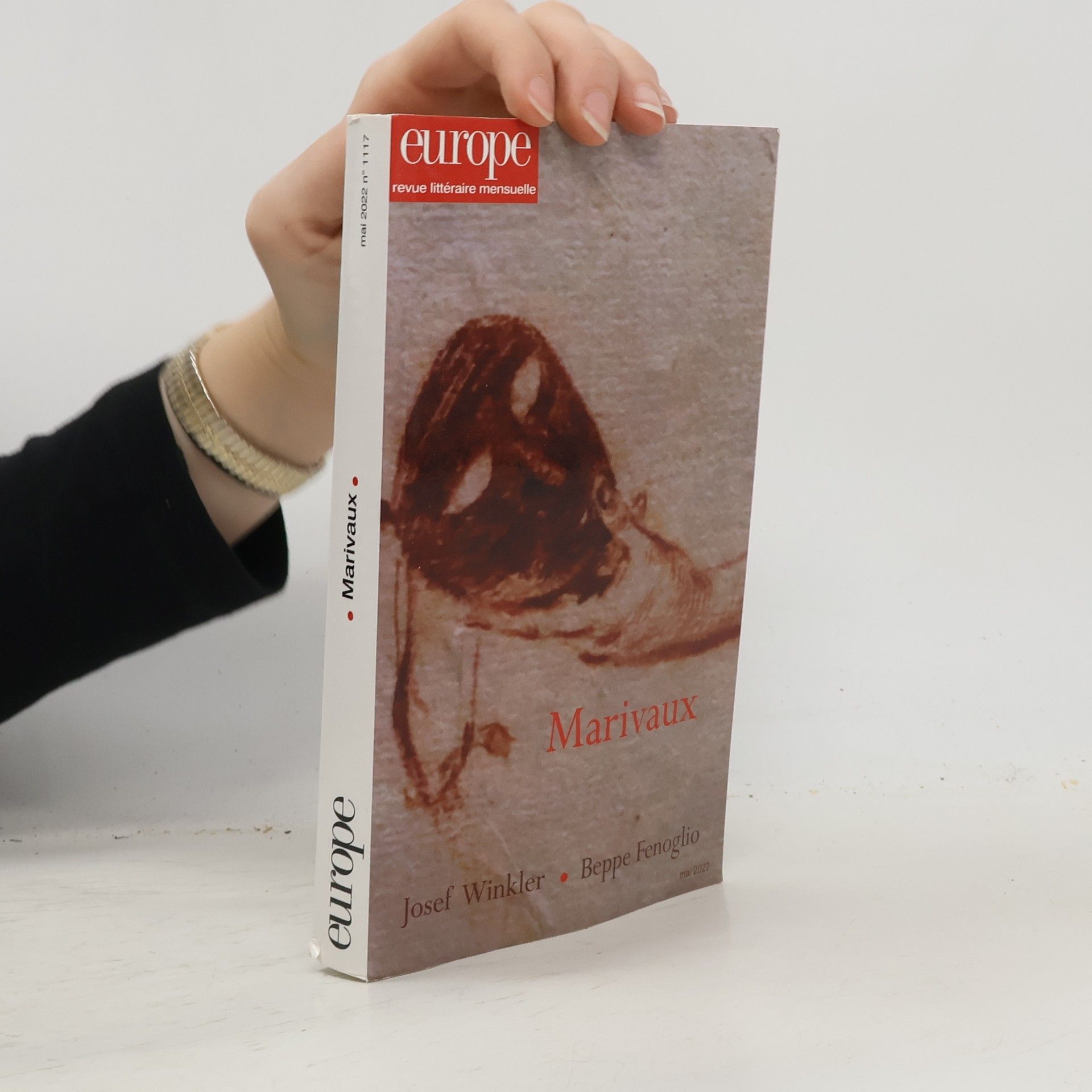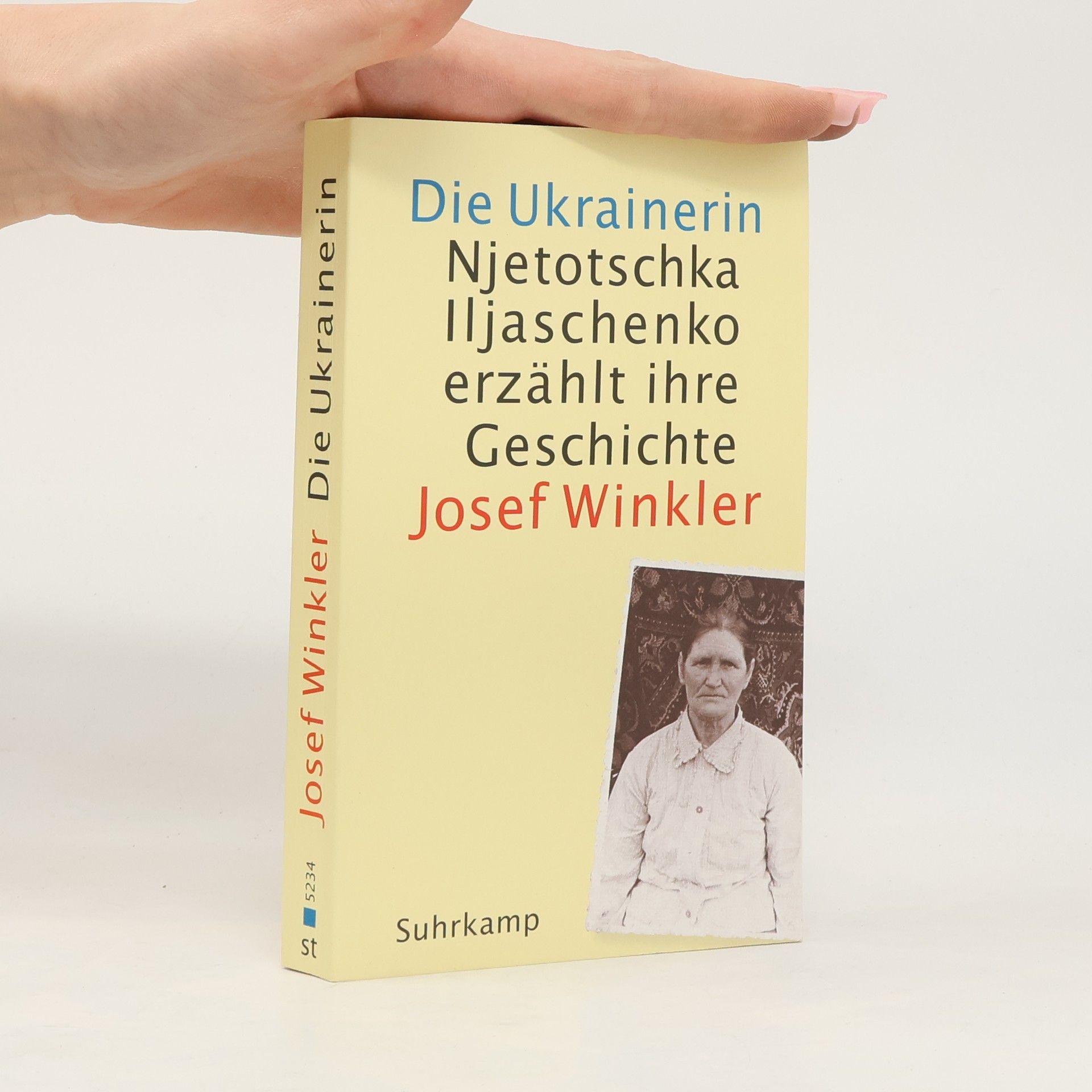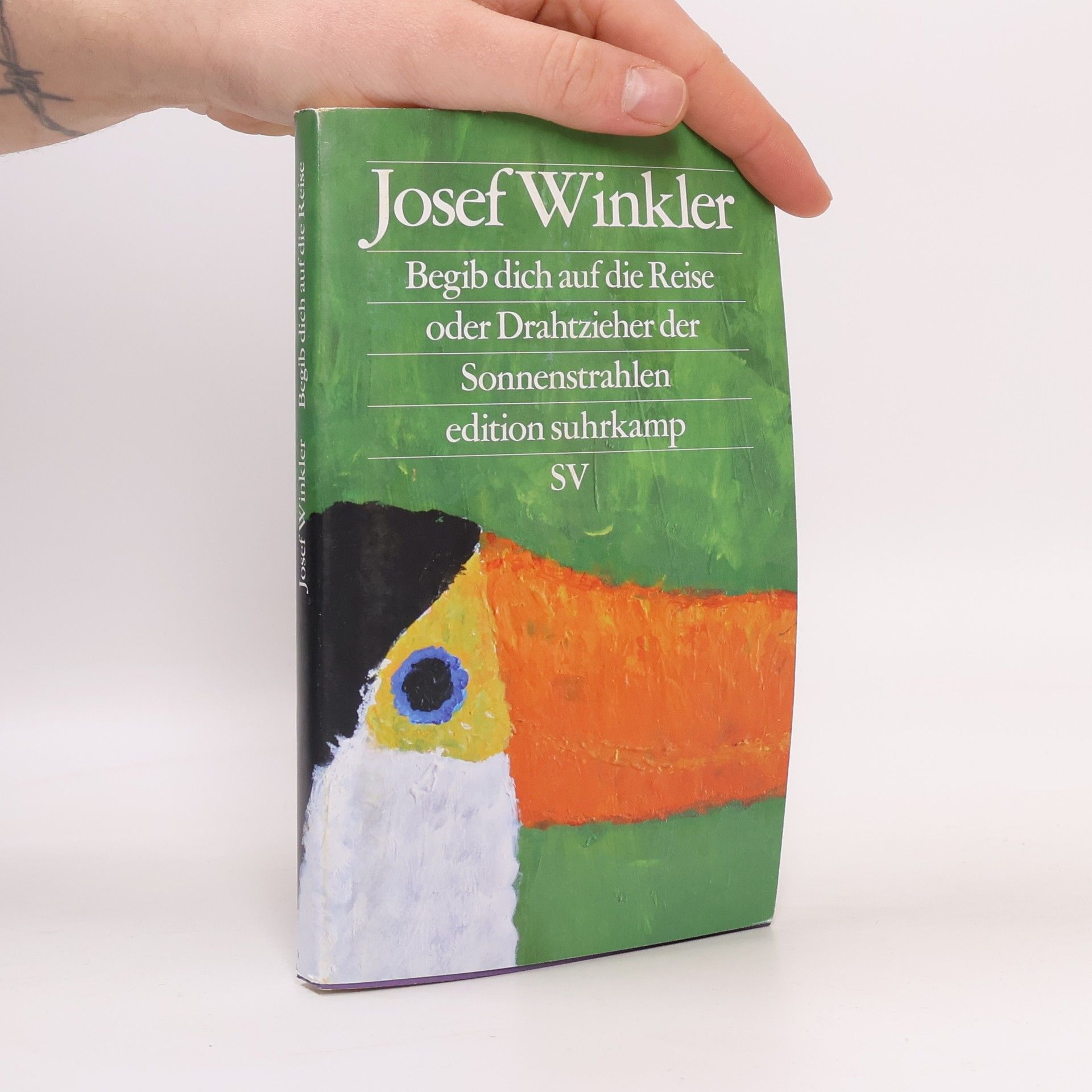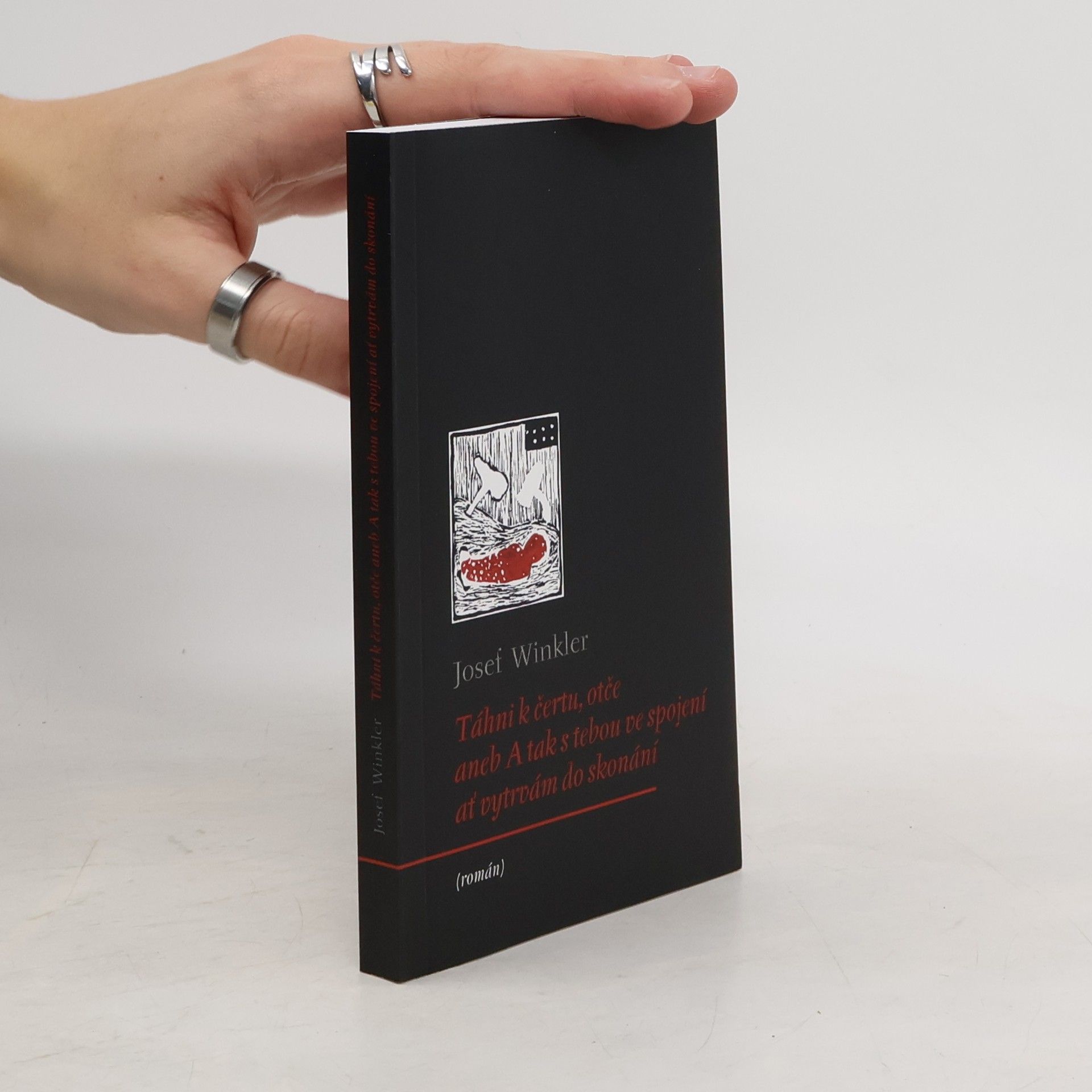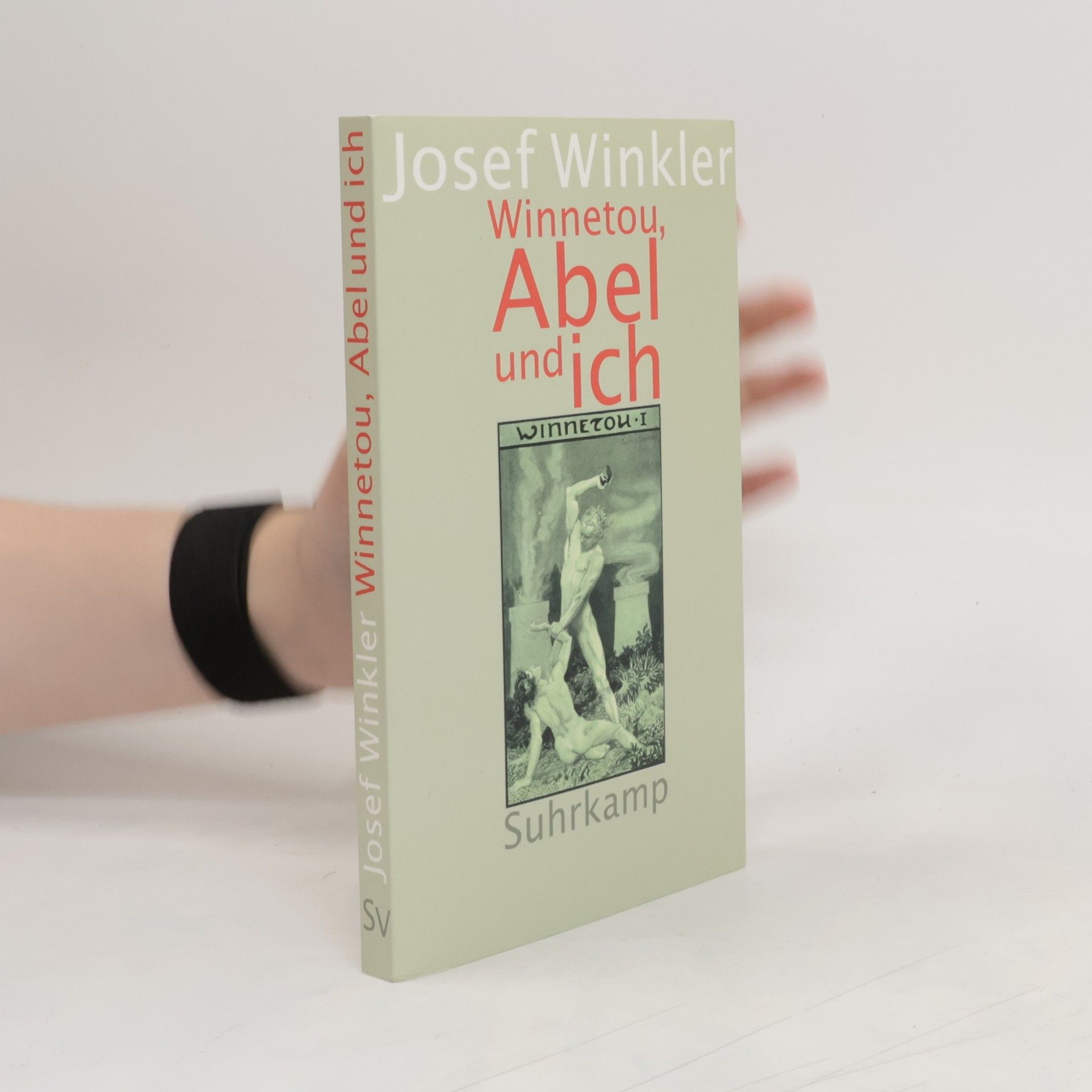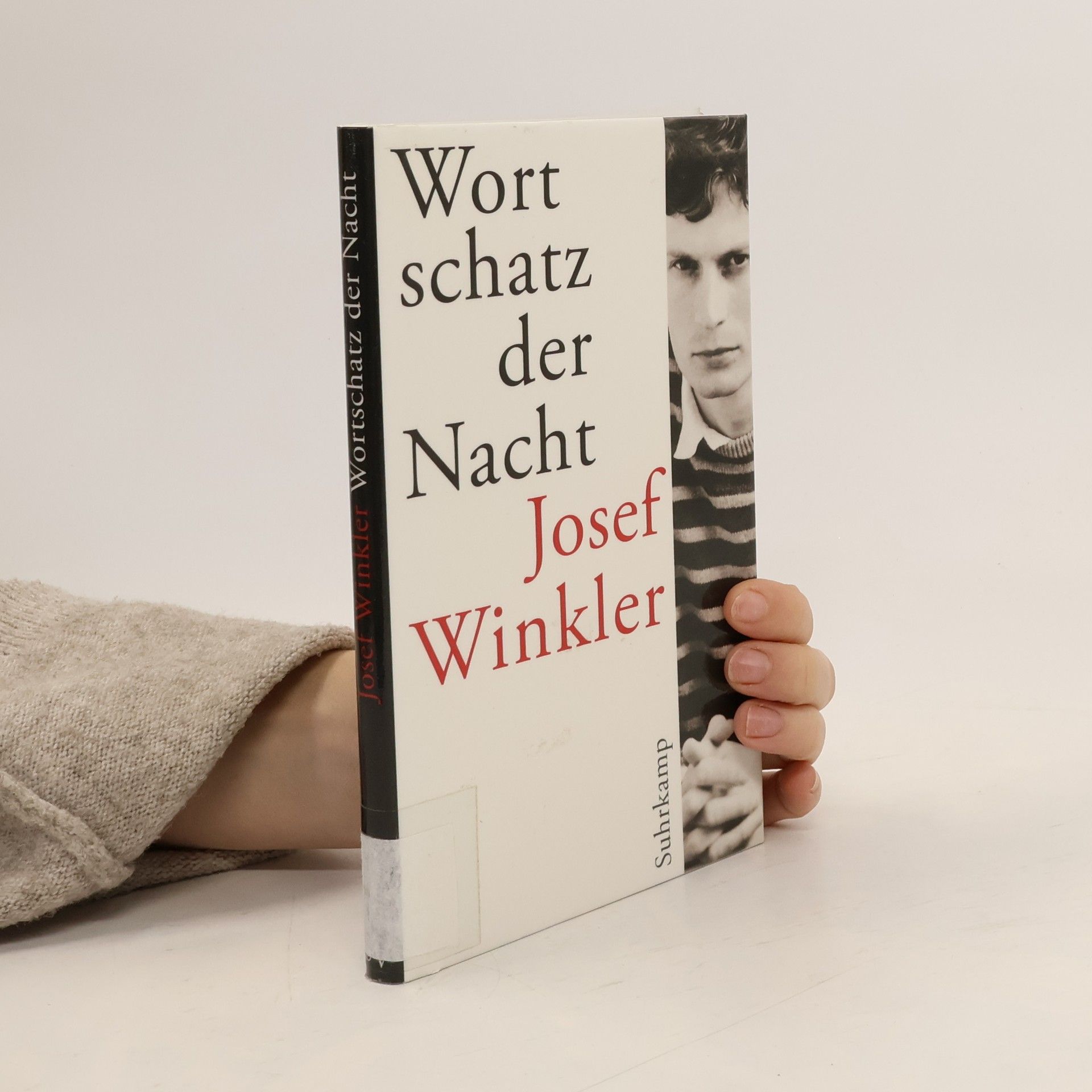Josef Winkler Book order (chronological)
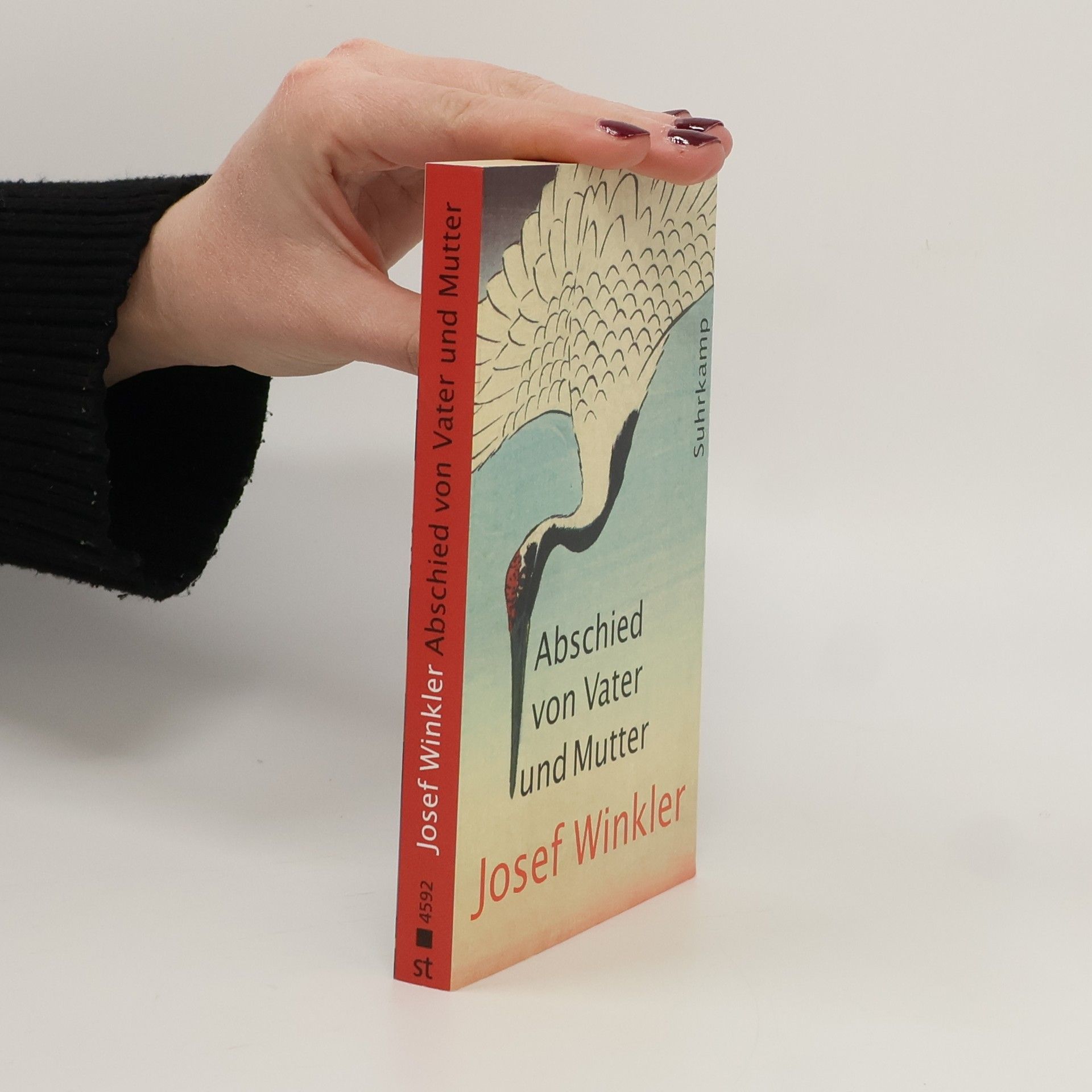


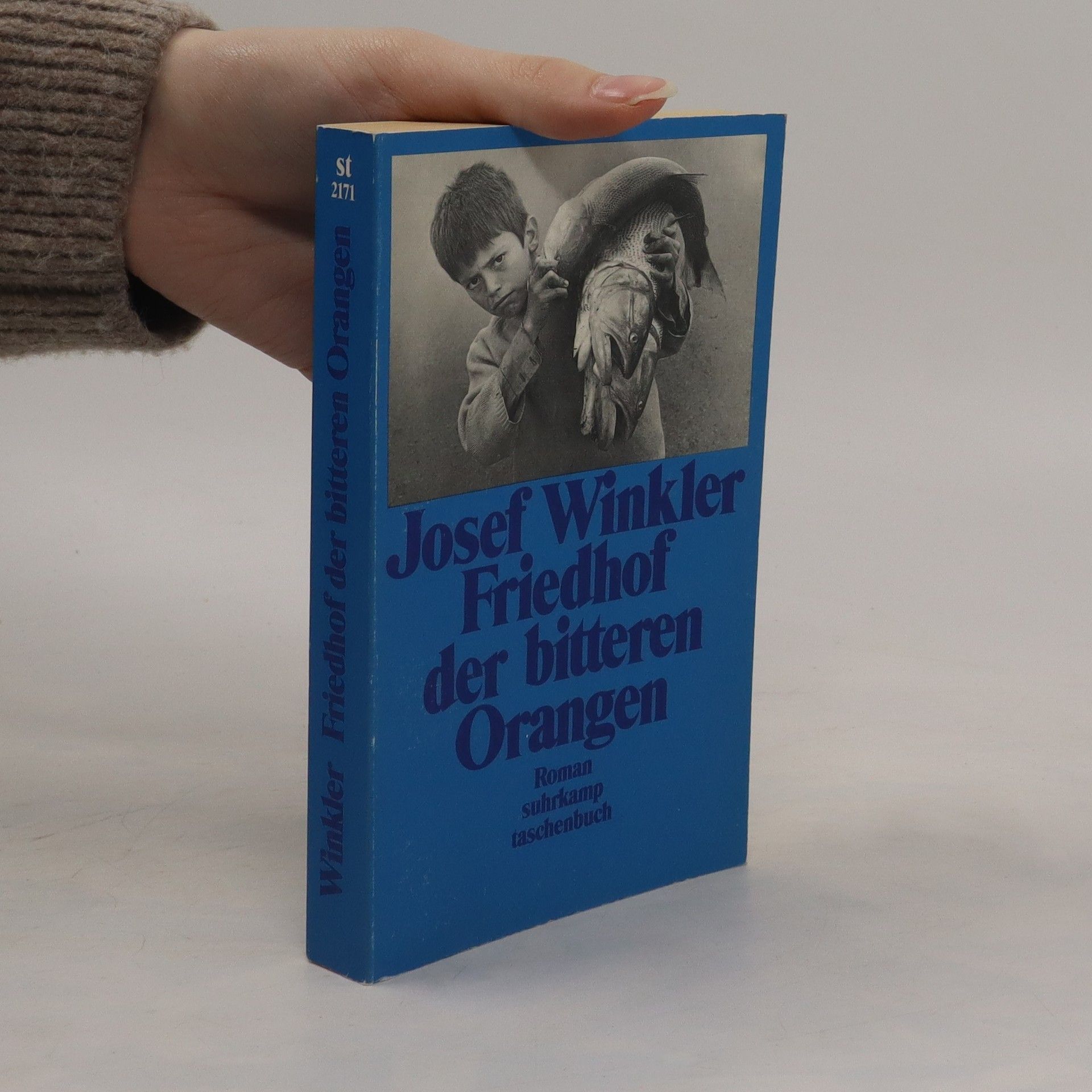


Die Ukrainerin
Njetotschka Iljaschenko erzählt ihre Geschichte
Nach einem längeren Aufenthalt in Wien zog sich Josef Winkler im Jahre 1981 auf einen Bauernhof in Kärnten zurück, um seinen Roman Muttersprache zu beenden. Dort fand er Quartier bei der Familie der Bergbäuerin Njetotschka Wassiljewna Iljaschenko, einer im März 1943 von Hitlers Schergen verschleppten Ukrainerin ‒ die ihm über ein Jahr lang ihre Lebensgeschichte erzählte. Die Bäuerin berichtet dem Autor vom Leben ihrer verzweifelt um die Existenz der Familie ringenden Mutter am Ufer des Dnjepr und von ihrer eigenen Kindheit während der Zeit der Kollektivierung und Hungersnot (Holodomor) im Dorf Dobenka, das später vom Stausee von Krementschug überflutet wurde. Sie erzählt von ihrer gewaltsamen Verschleppung aus der Ukraine zur Zwangsarbeit nach Kärnten, und sie berichtet von ihrem ersten Jahr auf dem Kärntner Bergbauernhof. Der Band erscheint mit einem Nachwort von Josef Winklers französischem Übersetzer Bernard Banoun sowie erstmals mit Briefen, die Hapka Davidowna Iljaschenko aus der Ukraine an ihre Tochter Njetotschka in Kärnten schrieb.
Begib dich auf die Reise oder Drahtzieher der Sonnenstrahlen
- 259 pages
- 10 hours of reading
Wer Winkler liest, wird Winklers Sprachlust nicht vergessen. Sie entzündet sich an Leben und Sterben im heimatlichen Kamering, am Gewimmel italienischer Märkte – an der Turbulenz zwischen den Scheiterhaufen im indischen Varanasi. Aber auch an Büchern, Gemälden und Skulpturen kann sie sich entzünden, wie diese Sammlung zeigt. Und manchmal kommt es zu einer Selbstentzündung, die Sprachlust fängt einfach so an zu brennen – wenn der Autor aus Traum und Tag zusammenkehrt, was zu besingen ist. Dann entsteht ein Text wie »Specter of the Gardenia«: »Auf die Stimme der weißen Kreide / Auf die Wasseroberfläche des Tintenkleckses (…) / Auf die Unterseite einer gespaltenen Leguanzunge am Bug des sinkenden Schiffes und auf die Meerestiefe meines Tintenfasses – königsblau SCHREIB ICH DEINEN NAMEN …«
Táhni k čertu, otče
- 222 pages
- 8 hours of reading
V knize s výmluvným názvem se tentokrát nezjevují ve své smrti všichni mrtví z Kameringu, autor se tu soustřeďuje pouze na dva místní mrtvé; jedním je bývalý nacista a pronásledovatel Židů Odilo Globocnik, jehož tělo hnije nepohřbené na poli „na Svinským, kde dozrávalo zrno na chléb vezdejší a po celá desetiletí tak zamořovalo a otravovalo životy lidí v celém údolí Drávy“, druhým je autorův otec, který o této skutečnosti beze všech pochyb věděl, a přesto o tom nikdy nepromluvil. V mohutném slovním vodopádu zde autor demaskuje skutečný příběh své rodné vesnice, plné skrývaného tajemství, zla, pokrytectví a neštěstí.
Der Stadtschreiber von Kalkutta
- 105 pages
- 4 hours of reading
Und mit meinem Notizbuch, auf dem ein plitschnasser indischer Knabe am Ufer des Meeres abgebildet war, der keck lachend zwischen mehreren über und über mit gelben und orangefarbenen Blumengirlanden behängten Ganeshas, Statuen des indischen Elefantengotts, hockt, ging ich kreuz und quer durch die Straßen von Kalkutta und begann meine Beobachtungen aufzuschreiben ...
Erst vor wenigen Jahren hat Josef Winkler erfahren, dass sein Kärntner Landsmann Odilo Globocnik, der sich als Leiter der »Aktion Reinhardt« mit den Worten »Zwei Millionen ham‘ ma erledigt« des Massenmords an den Juden gerühmt hatte, nach seinem Zyankali-Freitod im Mai 1945 auf einem Gemeinschaftsfeld Kamerings verscharrt wurde, in den »Sautratten« – dort, wo auch Winklers Vater und Großvater ihr Getreide anbauten und ernteten. In einem bösen Wortmarathon exhumiert der Autor das Skelett des SS-Massenmörders Globocnik – und mit dem Skelett die Geschichte von Winklers Heimatdorf Kamering nach dem Krieg. Laß dich heimgeigen legt den Finger in die Wunde eines Jahrzehnte währenden kollektiven Verschweigens. »Die Sätze, die sich in kreisenden, bohrenden, in schauerliche Tiefe grabenden Bewegungen entfalten, gehören zum Wuchtigsten, was deutsche Prosa heute überhaupt bieten kann.« Jury des Österreichischen Buchpreises
Abschied von Vater und Mutter
- 254 pages
- 9 hours of reading
Abschied von Vater und Mutter vereinigt die beiden Requiemtexte Roppongi – Requiem für einen Vater (2007) und Mutter und der Bleistift (2013). Als Josef Winkler sich im Jahre 2004 eine Zeitlang in Tokio im Stadtteil Roppongi aufhält, ereilt ihn die Nachricht vom Tod seines fast hundertjährigen Vaters. Noch ein Jahr zuvor hatte der Alte ihn beschworen, seinem Begräbnis fernzubleiben, weil der Sohn nicht müde geworden war, den seligen Frieden seines Kärntner Heimatdorfes mit seiner Schreibhand zu durchkreuzen. Eine Zeit danach erscheint die Erinnerungsgeschichte Roppongi – Requiem für einen Vater, die den Leser an Schauplätze in Japan, Kärnten und Indien führt. Das Requiem für Josef Winklers im Jahre 2011 verstorbene Mutter Mutter und der Bleistift, in dem die Mutter ihren am Küchentisch kritzelnden linkshändigen Sohn immer wieder auffordert, den Bleistift in die rechte Hand zu nehmen, entsteht in Südfrankreich, Indien und Kiew. „Reisen, um heimatlos zu werden“, heißt es bei Henri Michaux. Nach dem Tod von Vater und Mutter ist der Linkshänder, der mit der rechten Hand schreiben gelernt hat, seine Heimat losgeworden.
Reigen revisited
- 112 pages
- 4 hours of reading
Winnetou, Abel und ich
- 141 pages
- 5 hours of reading
Der Autor der Indianergeschichten war des jungen Josef Winkler Lektüregott. Als der älter und selber Autor (und 2008 Georg-Büchner-Preisträger) Gewordene ein halbes Jahrhundert nach seiner ersten Begegnung die drei »Winnetou«-Bände sowie »Weihnacht« wiederlas und die Bilder Sascha Schneiders betrachtete, entstanden vier Nacherzählungen der wichtigsten Szenen. Eingeleitet werden sie von der Titelgeschichte »Winnetou, Abel und ich«, die noch einmal in Winklers Kärntner Indianerkindheit zurückführt. »Mutter und Vater beäugten mich beim Lesen mit misstrauischen Blicken, denn die Nachbarin sagte einmal zu meiner ahnungslosen Mutter, die ihr ganzes Leben kein Buch gelesen hatte: > Karl May verdirbt ihn!< Erlöst wurde ich erst vom Tierarzt, dem vornehmen Dr. Weber, der nach einer Operation im Stall, als er in der Küche mit einer Terpentinseife seine Hände wusch und dabei fragte, was ich denn da lese, in Anwesenheit meiner Eltern ein Lob spendete: > Sehr gut! Sehr gut!<«
Wortschatz der Nacht
- 109 pages
- 4 hours of reading
„Gestern abend, im Bett auf dem Rücken liegend, stellte ich mir meinen Tod vor. Ich schloß die Hände zum Gegengebet. Ich begann zu lächeln und versuchte diesen Gesichtsausdruck solange wie möglich zu bewahren. Meine Maske also …“ Dass Tod lebendig macht, es gilt jedenfalls für das Schreiben dieses Autors. Todesfurcht – Sehnsucht, Schrecken und Faszination – treibt Josef Winkler von Werk zu Werk. 1979, direkt nach der Niederschrift seines ersten Romans »Menschenkind«, brachte er in einem »Wortanfall« weniger Nächte hundert Seiten rauschhafter Prosa, einen »Bildersturm«, zu Papier. Im selben Jahr erschien der Text in der Grazer Literaturzeitschrift »manuskripte«. Jetzt, vierunddreißig Jahre später, zum 60. Geburtstag des Büchner-Preisträgers, wird dieses Jugendwerk zum ersten Mal als Buch veröffentlicht. Eine Neu- und Wiederbegegnung steht an.
